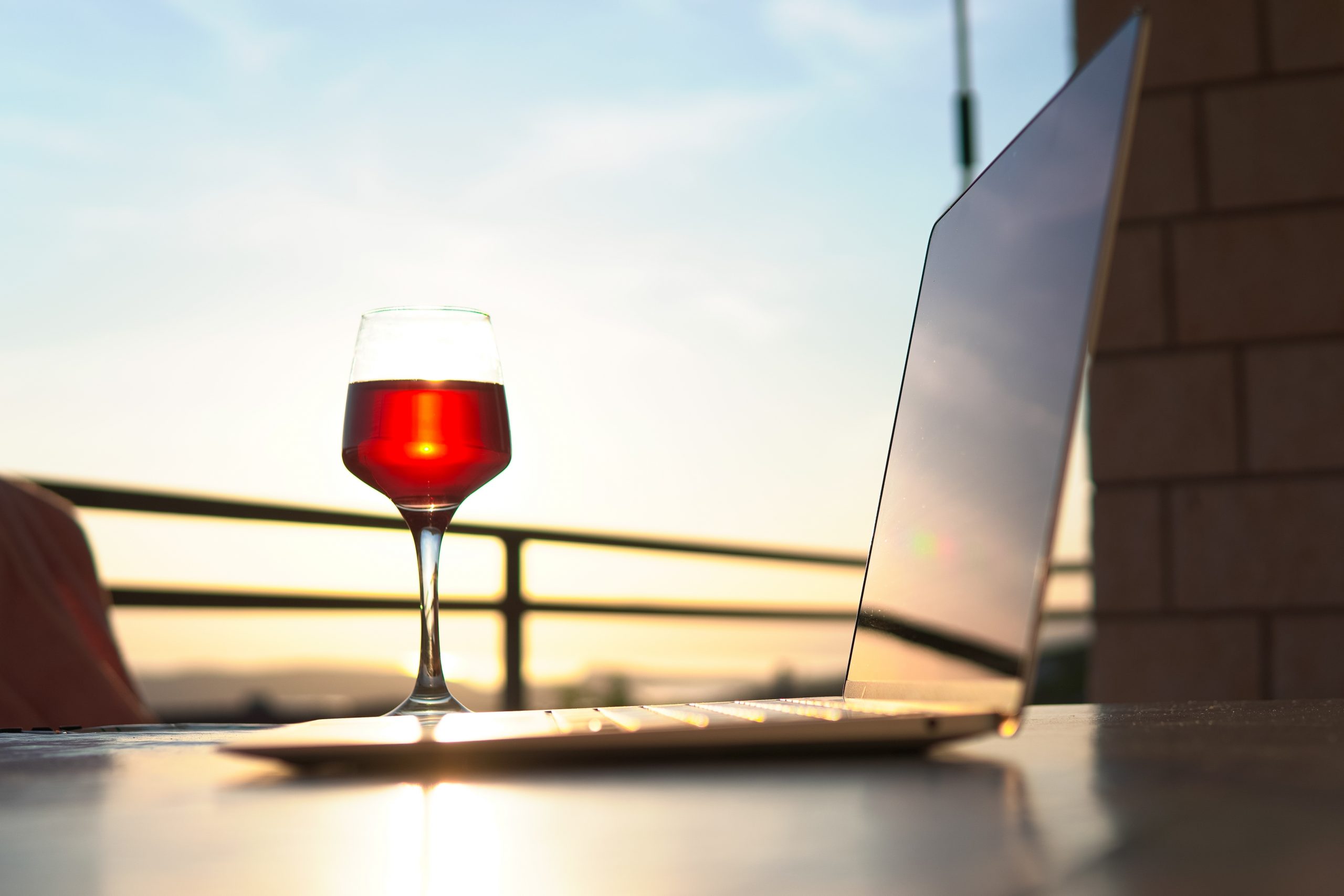Somehow their obligations and anxieties have become their natural terrain. They are comfortable with them. They are maybe even a little lost without them. Their busyness, their to-do list, is an inextricable part of them.
I, unfortunately, seem to have become one of these people.
This spring one of my friends, who is lying by the azure sea in Greece as I write this, told me that I should take what she called “real vacation.” “It is important,” she said. “You have to.”
She is European and uses the word “holiday,” which I have always loved and never fully identified with. It has been a long time since I have had a real holiday or even thought much about taking one. I always bring my computer. Even if I don’t actually get work done, I think about it and worry about it and feel like I should be doing it.
When I am away, I am preoccupied with all the same things that preoccupy me at home. As Alain de Botton put it in “The Art of Travel,” “I had inadvertently brought myself to the island.”
So this summer I decided to go on a true holiday for once. But how can you unlearn the busyness? The out-of-control work ethic, the impulse toward productivity and getting things done. How can you get away from the responsibilities and obligations and anxieties that spill into all of your waking hours and some of your sleeping ones?
For this trip it began with what I didn’t pack. I have a red book with my calendar and all my to-do’s in it. With great difficulty, I left it at home. The whole time I was packing I kept thinking, should I just bring it? I mustered up the inner fortitude not to.
A stranger once wrote to me that he learned how to live from his dog. He had been consumed by his business, so when he retired, he was adrift. He saw how his dog, Louie, would sit by the lake and enjoy the wind blowing his ears. He tried sitting with him and enjoying the wind. For some people, taking pleasure in just sitting and being still in the breeze by the lake is something you have to learn.
On our trip we stayed in an apartment on the fifth floor, with tall windows and narrow terraces overlooking the rooftops. We spent long structureless days roaming the city. We drank coffee at little tables on the street. We wandered through museums and galleries.
Our phones make taking time off more challenging. The stresses and enchantments of home are harder to evade; they rush back to us in little buzzes. It is tempting to return texts or calls or emails or dip into a work issue. I pretended that I lived in a time before phones, a time when you would have to send a telegram to communicate with someone on another continent. I put away my phone for large chunks of the day. I deployed a vacation email setting for the first time that I can remember.
At a few points I considered an impending project, and then I rejected that thought. Should I return an email? I didn’t. A student with a question that can’t wait? It actually can.
As the days went by, I forgot to worry about my worries. It came to me that you can just not think about your aging parent, or money stuff or a friend going through something. You can turn off these thoughts, not forever, but say for a week or two. The geographical remove, the whole other time zone, gave me a feeling of pleasurable distance.
The city we were visiting had lots of beautiful, manicured parks. In the middle of the day, I saw people sitting on celery green chairs in the sun. They were old men and groups of young girls and mothers with babies and couples, doing nothing. We stopped and sat and read novels. My daughter napped in a park on the grass next to a fountain.
I don’t think this idea of “holiday” requires expensive or glamorous travel. It can actually involve sitting by the lake with the wind in your ears. It can be a hammock at a friend’s house. You can just go to farm stands and look at tomatoes and peaches and corn.
Holiday is more a way of being, an elusive escape from responsibility or productivity or functioning or stress. De Botton was inspired by an 18th-century writer named Xavier Maistre who wrote a book called “Journey Around My Bedroom” and its sequel, “Nocturnal Expedition Around My Bedroom,” which suggests that this state of mind can be achieved even at home.
When I came back from the trip, things felt subtly different. It turns out that you can hold on to the holiday feeling a little bit. It is like looking down at your life from a great distance. The buzz of connection seems less important; the to-do’s feel less pressing.
Yes, there is the shock of re-entry. The whirring of worries. The looming projects. But you are refreshed, and slightly less engaged or consumed by the busyness. That person, sitting on a celery green chair in the sun, is still in there somewhere.



